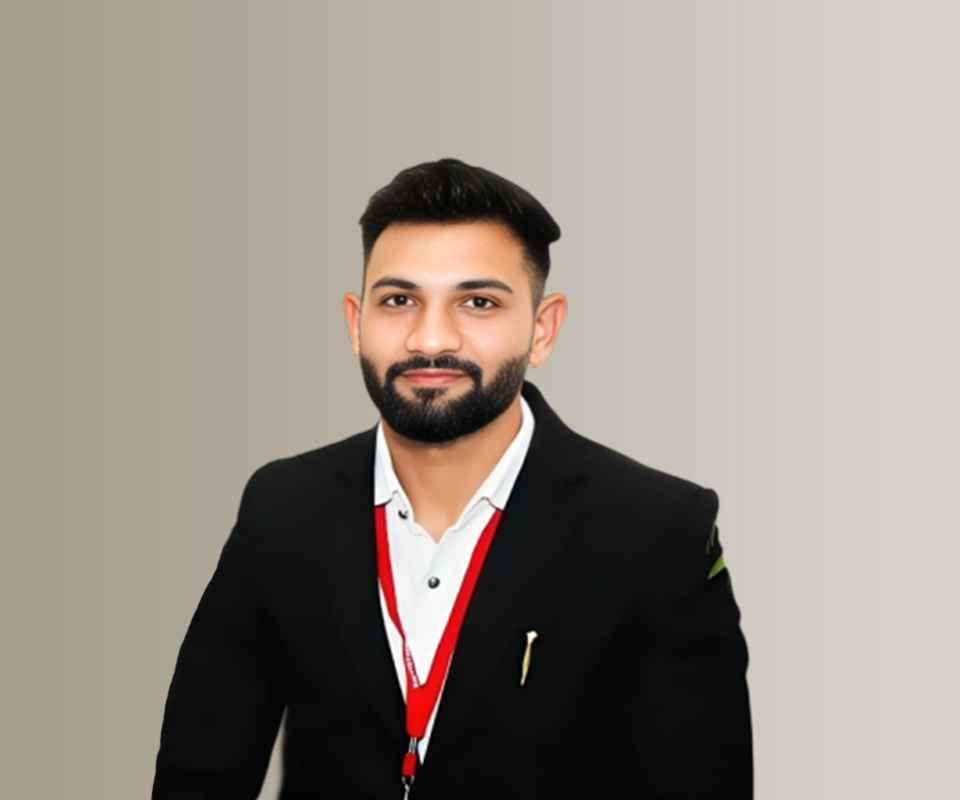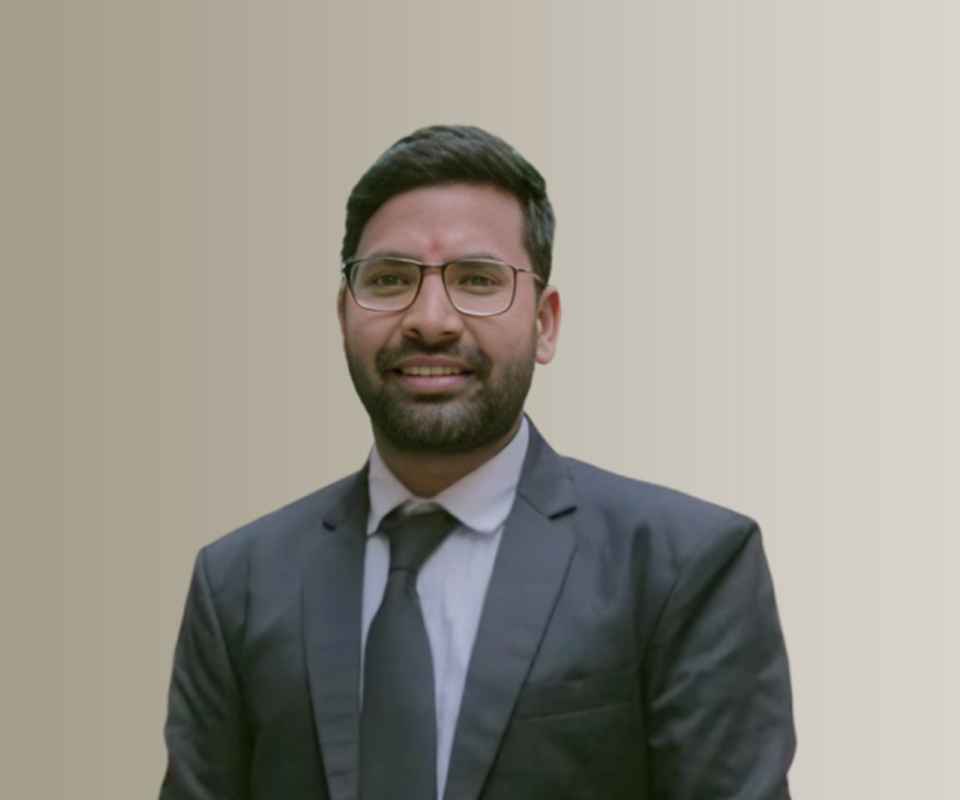Answer By law4u team
Court marriages in India for individuals in the armed forces or serving abroad are governed by specific procedures to accommodate their unique circumstances. Here's a detailed guide on how these marriages are registered: 1. Special Marriage Act, 1954 Court marriages in India are primarily conducted under the Special Marriage Act, 1954, which provides a secular and civil form of marriage. 1.1 Notice of Intended Marriage Submission of Notice: The parties must give notice of their intended marriage to the Marriage Officer in whose jurisdiction at least one of the parties has resided for at least 30 days prior to the notice. Serving Abroad: If one or both parties are serving abroad, they can still submit the notice. For military personnel, the notice can be submitted to the Marriage Officer where the party last resided in India. 1.2 Publication and Waiting Period Publication: The notice is published, and a 30-day waiting period is observed for any objections. Objections: If there are no objections within this period, the marriage can proceed. 2. Presence and Power of Attorney Physical Presence: Both parties are typically required to be present for the marriage ceremony. However, in the case of individuals serving abroad or in the armed forces, a power of attorney can be used. Power of Attorney: The party who cannot be present may execute a power of attorney authorizing a trusted person to represent them during the marriage proceedings. The power of attorney must be executed before a Notary Public or the Indian Consulate in the country where the party is stationed. 3. Procedure for Court Marriage 3.1 Application Submission: The notice of intended marriage is submitted to the Marriage Officer along with necessary documents like proof of age, address, photographs, and affidavits. 3.2 Verification Verification: The Marriage Officer verifies the documents and ensures that all legal requirements are met. 3.3 Declaration and Signing Declaration: On the day of the marriage, the parties (or one party and the power of attorney holder) must appear before the Marriage Officer along with three witnesses. Signing: The marriage declaration is signed by the parties, the witnesses, and the Marriage Officer. 3.4 Marriage Certificate Issuance: After completing the formalities, the Marriage Officer issues the marriage certificate, making the marriage legally valid. 4. Foreign Marriage Act, 1969 For individuals who are both Indian citizens but residing abroad, the Foreign Marriage Act, 1969 provides a legal framework for marriage. 4.1 Marriage Officer Abroad Indian Consulate: The marriage is solemnized by a Marriage Officer (usually an officer in the Indian Consulate or Embassy) in the foreign country. Notice of Marriage: Similar to the Special Marriage Act, a notice of intended marriage must be given to the Marriage Officer. Publication and Objections: The notice is published, and a waiting period is observed. 4.2 Solemnization Ceremony: The marriage is solemnized in the presence of the Marriage Officer and two witnesses. Marriage Certificate: The Marriage Officer issues the marriage certificate, which is recognized in India. Summary Notice of Intended Marriage: Submit notice to the local Marriage Officer or to the Marriage Officer where the last residence in India was, in the case of individuals serving abroad. Waiting Period: Observe a 30-day waiting period after the notice is published. Power of Attorney: If one party cannot be present, use a power of attorney executed before a Notary Public or the Indian Consulate. Marriage Ceremony: Appear before the Marriage Officer for the ceremony, sign the declaration, and get the marriage certificate. Foreign Marriage Act: For those residing abroad, follow the procedure under the Foreign Marriage Act with the Indian Consulate acting as the Marriage Officer. Conclusion Individuals in the armed forces or serving abroad can still register their marriages under Indian law by following the procedures outlined above, including the use of power of attorney if necessary. This ensures that their marriage is legally recognized in India. For specific advice or assistance, consulting a legal expert or the relevant authorities is recommended.









